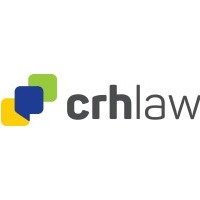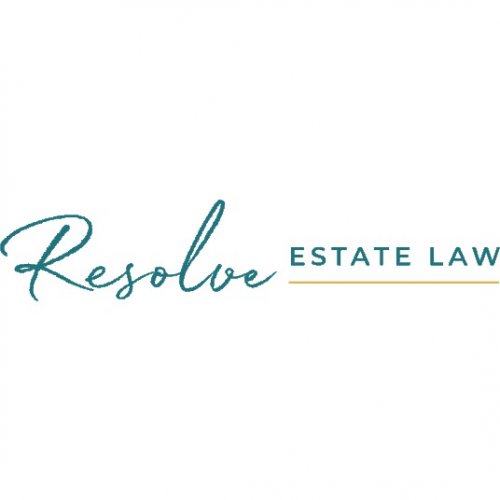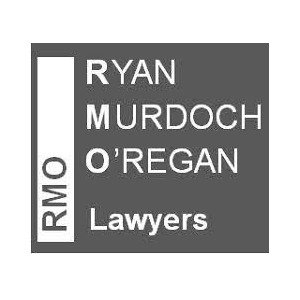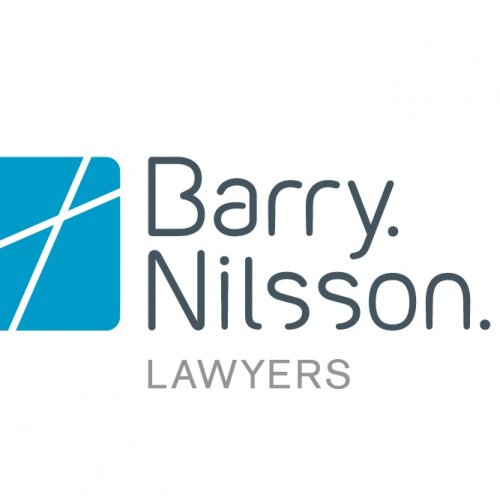Best Private Client Lawyers in Brisbane
Share your needs with us, get contacted by law firms.
Free. Takes 2 min.
List of the best lawyers in Brisbane, Australia
About Private Client Law in Brisbane, Australia
Private client law in Brisbane, Australia, refers to a variety of legal services aimed at individuals and families rather than businesses or corporations. This area encompasses estate planning, wills and inheritance, trusts, powers of attorney, guardianship, superannuation, and tax planning. Legal practitioners in this field assist with managing and transferring wealth, protecting assets, and ensuring that a client’s personal affairs are in order both during their lifetime and after their death. In Brisbane, private client law intersects with Queensland state legislation and federal laws that regulate how assets are owned, distributed, and taxed.
Why You May Need a Lawyer
People may seek advice from a private client lawyer in many circumstances. Common situations include preparing or updating a will, establishing trusts, navigating probate, managing the affairs of a deceased estate, planning for incapacity, drafting enduring powers of attorney, structuring assets for tax effectiveness, and resolving disputes concerning inheritance or guardianship. Legal guidance ensures that wishes are accurately documented, assets are properly protected, and complex legal requirements are correctly followed, minimising risks of disputes or challenges in the future.
Local Laws Overview
Queensland law, as it applies in Brisbane, has several statutes and regulations relevant to private client matters. The Succession Act 1981 (Qld) governs the creation and execution of wills, intestacy (when there is no will), and family provision claims. The Powers of Attorney Act 1998 (Qld) outlines how enduring powers of attorney and advance health directives are created and administered. Trust law, including discretionary and family trusts, falls under general principles of equity but is subject to local interpretation. State taxes such as stamp duty, federal taxation legislation for superannuation and capital gains, and guardianship matters under the Guardianship and Administration Act 2000 (Qld) additionally affect private client affairs. Local courts, including the Supreme Court of Queensland, oversee the administration of estates and dispute resolution.
Frequently Asked Questions
What is a will and why do I need one?
A will is a legally binding document that outlines how your assets will be distributed after your death. Having a valid will ensures your wishes are followed and reduces the risk of family disputes.
What happens if I die without a will in Brisbane?
If you die without a will, your estate is distributed according to Queensland’s intestacy laws. This may mean your assets do not go to the individuals you would have chosen.
What is probate, and is it required in Queensland?
Probate is the legal process of proving and registering a will with the Supreme Court. Whether probate is needed depends on the nature and value of the assets in the estate.
How can I challenge a will?
Certain eligible people, such as close family members, can contest a will under the Succession Act if they believe they have not received proper provision. There are statutory time limits for making a claim.
What is an enduring power of attorney?
An enduring power of attorney is a legal document that allows you to appoint someone to make financial, personal, or health decisions on your behalf if you become unable to do so yourself.
What is a trust and how can it help with estate planning?
A trust is a legal arrangement where a trustee holds assets for beneficiaries. Trusts can provide asset protection, tax benefits, and flexibility in managing your estate.
Do I need a lawyer to prepare a will or enduring power of attorney?
While not legally required, professional advice helps ensure documents meet legal standards, accurately reflect your intentions, and are less likely to be challenged.
How are superannuation death benefits distributed?
Superannuation benefits do not automatically form part of your estate. A valid binding death benefit nomination directs the fund to pay specified beneficiaries.
What is a family provision application?
A family provision application is a legal claim by an eligible person seeking a greater share of the estate on the basis that inadequate provision was made for them.
How can I protect a vulnerable beneficiary?
You can establish a testamentary trust or appoint a trusted person as a guardian or trustee in your will to manage the inheritance for a vulnerable beneficiary.
Additional Resources
- Queensland Law Society: Provides information about finding qualified private client solicitors. - Supreme Court of Queensland: Handles probate and estate administration. - Public Trustee of Queensland: Offers will-making, estate, and financial administration services. - Queensland Civil and Administrative Tribunal (QCAT): Resolves disputes involving guardianship and administration. - Australian Taxation Office: Information on tax, capital gains, and superannuation relevant to estates and trusts. - Legal Aid Queensland: Offers free legal information and, in some circumstances, legal assistance in private client matters.
Next Steps
If you believe you need assistance with a private client matter in Brisbane, it is advisable to start by gathering relevant information about your assets, family situation, and objectives. Then, contact a solicitor with experience in private client law to discuss your needs. Many law firms offer initial consultations to help you understand your options and the best path forward. You may also wish to consult the resources listed above for general guidance or contact government bodies for specific questions. Taking early legal advice can save time, reduce stress, and ensure your interests - and those of your loved ones - are properly protected.
Lawzana helps you find the best lawyers and law firms in Brisbane through a curated and pre-screened list of qualified legal professionals. Our platform offers rankings and detailed profiles of attorneys and law firms, allowing you to compare based on practice areas, including Private Client, experience, and client feedback.
Each profile includes a description of the firm's areas of practice, client reviews, team members and partners, year of establishment, spoken languages, office locations, contact information, social media presence, and any published articles or resources. Most firms on our platform speak English and are experienced in both local and international legal matters.
Get a quote from top-rated law firms in Brisbane, Australia — quickly, securely, and without unnecessary hassle.
Disclaimer:
The information provided on this page is for general informational purposes only and does not constitute legal advice. While we strive to ensure the accuracy and relevance of the content, legal information may change over time, and interpretations of the law can vary. You should always consult with a qualified legal professional for advice specific to your situation.
We disclaim all liability for actions taken or not taken based on the content of this page. If you believe any information is incorrect or outdated, please contact us, and we will review and update it where appropriate.
Browse private client law firms by service in Brisbane, Australia
Brisbane, Australia Attorneys in related practice areas.

















